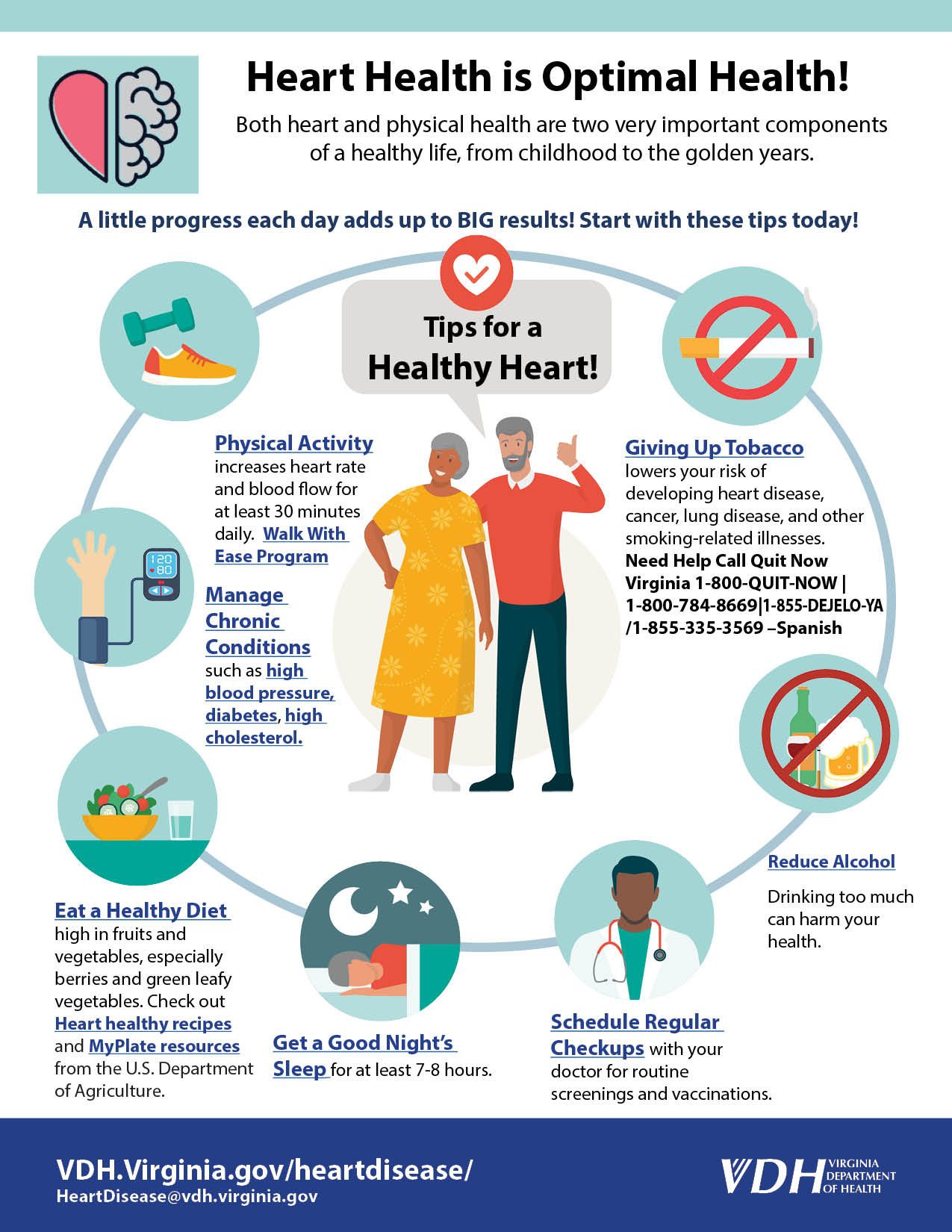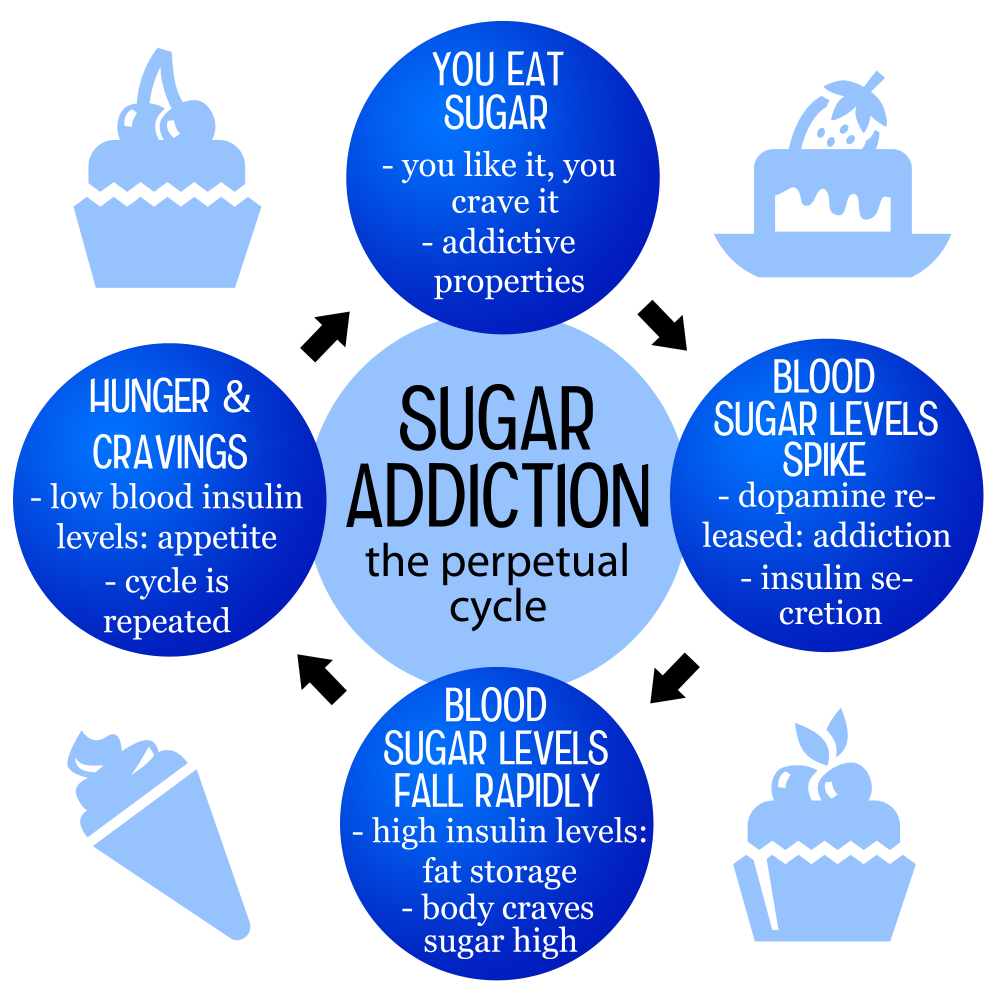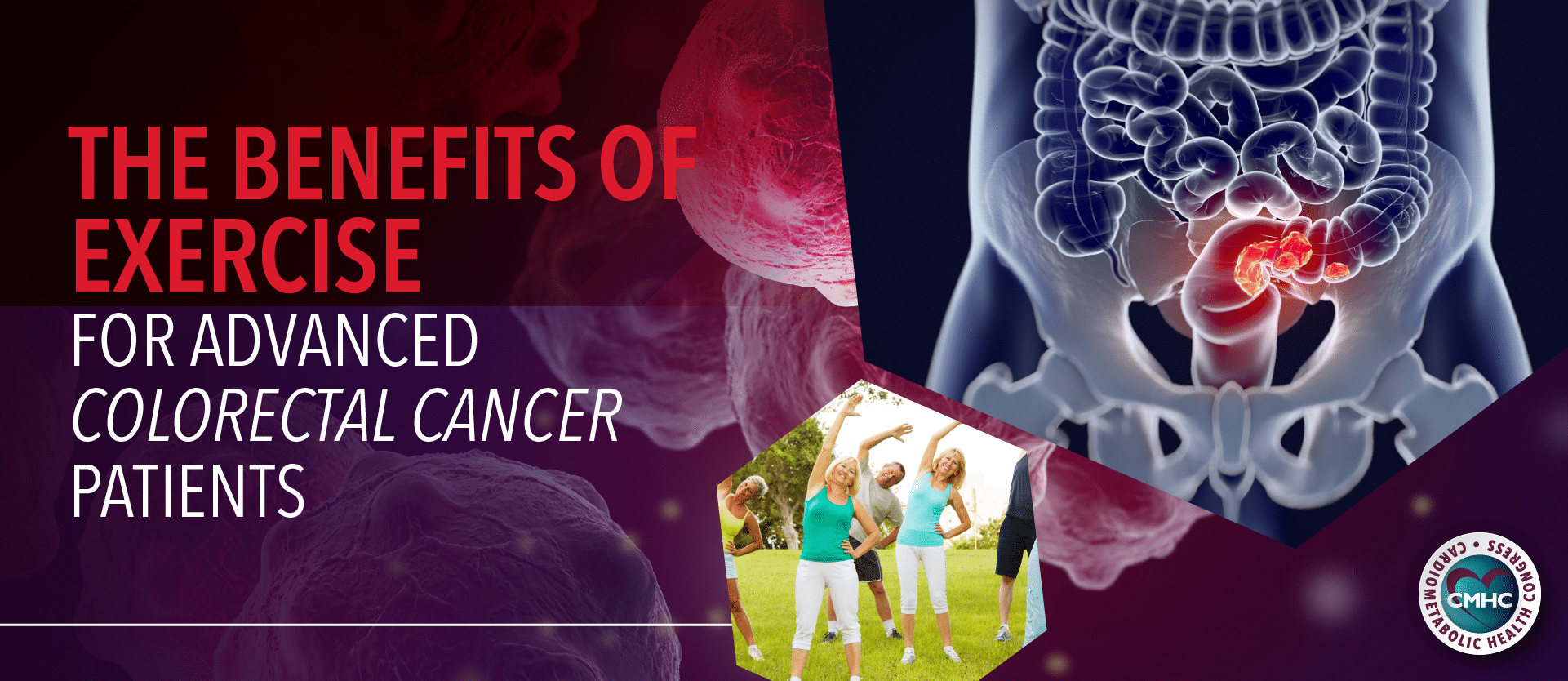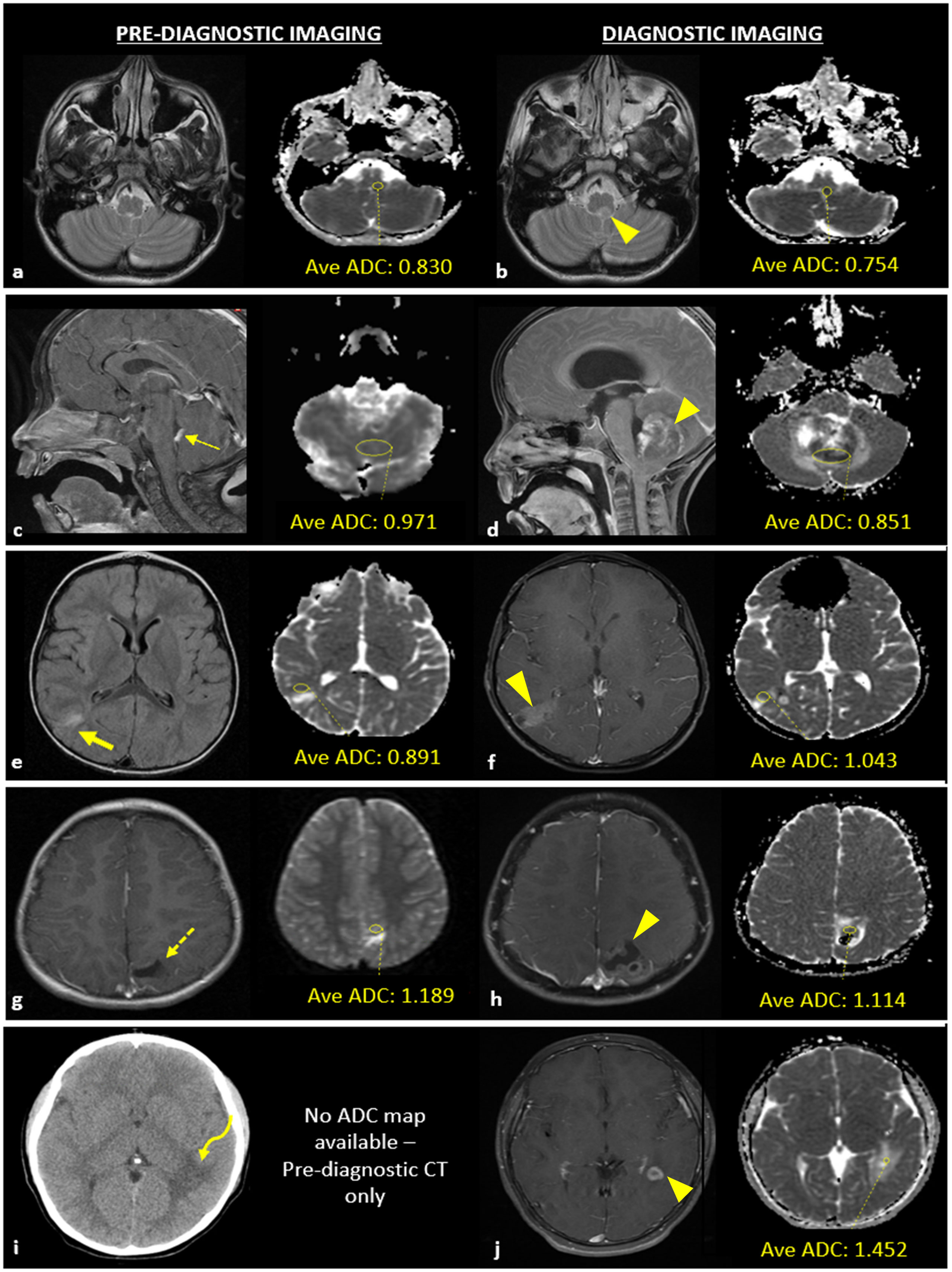Heart disease prevention is an essential topic that deserves immediate attention, especially considering that cardiovascular disease remains the leading cause of death in the United States. Despite advances in medical technology and treatment, many patients underestimate the risks associated with high cholesterol and other risk factors. Heart health tips are critical in helping individuals take control of their wellness, emphasizing the importance of lifestyle choices and regular health screenings. Statistics show that millions of Americans are affected by heart disease, making proactive involvement crucial in reducing its prevalence. With a focus on preventive cardiology, we can empower ourselves to address these issues before they escalate into serious health problems.
Preventing heart disease is not merely about avoiding discomfort; it’s about radically transforming one’s lifestyle to stave off dangerous cardiovascular conditions. Often referred to as cardiovascular disease, issues related to the heart can be managed effectively through informed decisions regarding diet and exercise. Staying vigilant about cholesterol management and understanding personal health statistics are vital for everyone, especially those at risk. Strategies for heart health can include a balanced diet, regular physical activity, and maintaining a healthy weight, all of which contribute to longevity. By adopting a proactive approach, individuals can significantly lower their risk of developing this prevalent health issue.
Understanding Cardiovascular Disease: The Importance of Awareness
Cardiovascular disease (CVD) stands as the foremost cause of mortality in the United States, accounting for a staggering number of deaths each year. Despite the alarming cardiac health statistics, public response often lacks the urgency associated with other life-threatening illnesses, such as cancer. This casual attitude toward heart health can be attributed to a lack of awareness about the cumulative effects of cardiovascular damage, which can begin to manifest long before symptoms appear. It is essential for individuals to comprehend that heart disease isn’t solely an elder’s ailment; instead, it can develop silently over decades, underscoring the critical need for education about preventive cardiology.
Increased awareness can lead to better lifestyle choices and timely medical interventions. For example, many patients remain uninformed about the importance of monitoring their cholesterol levels and maintaining a healthy diet. Health professionals encourage regular screenings and a proactive approach to managing cardiovascular health, highlighting that knowing one’s numbers—like LDL cholesterol and blood pressure—can be pivotal in preventing heart disease. An informed public is more likely to take preventive measures, thus mitigating the risks associated with cardiovascular disease.
Heart Disease Prevention: Taking Action for a Healthier Future
Heart disease prevention is crucial in combating the rising tide of cardiovascular illness. Steps such as adopting a heart-healthy diet, engaging in regular physical activity, and managing stress can significantly reduce risk factors. Additionally, it’s important to understand that preventive cardiology includes more than just lifestyle changes; medications like statins may be necessary for those at risk. Doctors emphasize the importance of starting preventive measures early, potentially in one’s 20s or 30s, rather than waiting for alarming symptoms to arise. Engaging in preventive care not only enhances heart health but also contributes to overall well-being.
To further aid heart disease prevention efforts, public initiatives focused on education and outreach are critical. Organizations can formulate campaigns to spread awareness of heart health tips and motivate individuals to consult with healthcare providers regularly. Encouraging patients to view their heart health seriously can change the narrative around cardiovascular disease. By utilizing technology, such as wearable devices that monitor vital stats, individuals can become actively involved in their health management. Ultimately, a paradigm shift toward preventative care can save lives and reduce the incidence of heart disease.
Cholesterol Management: The Key to Cardiovascular Health
Effective cholesterol management is fundamental for preventing heart disease. Monitoring LDL levels, often referred to as ‘bad’ cholesterol, helps individuals gauge their heart health status. High cholesterol levels can lead to plaque buildup in arteries, significantly increasing the risk of heart attacks and strokes. Health professionals recommend regular lipid profile tests, especially for those with familial histories of cardiovascular issues. Furthermore, understanding dietary sources of cholesterol and employing strategies to lower intake can create a constructive impact on one’s health.
In recent years, advancements in cholesterol management have led to more effective treatment options. Statins and other lipid-lowering therapies can play a crucial role in safeguarding against cardiovascular diseases when lifestyle modifications alone aren’t enough. Moreover, the conversation around cholesterol management is shifting from merely lowering numbers to understanding the implications of those numbers on overall heart health. Individuals should adopt a comprehensive approach towards managing their cholesterol levels—integrating diet, exercise, and medication when necessary—thereby constructing a robust defense against heart disease.
Heart Health Tips: Maintaining a Healthy Lifestyle
One of the most impactful ways to promote heart health is through simple lifestyle changes. Incorporating more fruits, vegetables, whole grains, and lean proteins into one’s diet can drastically reduce cardiovascular risk. Moreover, regular exercise is vital; aim for at least 150 minutes of moderate-intensity exercise each week to help maintain a healthy weight and reduce cholesterol levels. Beyond diet and activity levels, managing stress through mindfulness techniques such as yoga or meditation can also enhance heart health.
Additionally, staying connected with healthcare professionals to discuss heart health tips is essential. Routine check-ups can yield vital insights into one’s cardiovascular health, enabling early detection and prevention of potential issues. Understanding the crucial link between lifestyle choices and heart health empowers individuals to take responsibility for their well-being, cultivating an environment where heart disease is prevented rather than treated after the fact. The key is consistency; small, positive changes accumulate to create a significant impact on heart health.
Current Statistics on Heart Disease: Understanding the Impact
Heart disease statistics reveal a concerning trend in public health, as cardiovascular diseases remain the leading cause of death across demographics in the U.S. An average of 697,000 Americans lost their lives to heart disease in the last year reported, reflecting the critical need for improved prevention strategies. Understanding these heart disease statistics is vital for raising awareness and motivating individuals to focus on their cardiovascular health proactively. Many individuals fail to recognize the severity of the crisis, often dismissing the potential dangers associated with risky lifestyle choices.
These statistics also highlight disparities in heart health based on factors such as socio-economic status, race, and access to healthcare. For those without regular access to preventive healthcare, rates of heart disease tend to be disproportionately higher. Addressing these disparities is essential in the fight against cardiovascular diseases, emphasizing the importance of community health programs aimed at education and resources. More comprehensive education surrounding heart disease statistics can drive home the need for preventative care, inspiring a community-wide shift toward better heart health management.
Prevention Strategies in Preventive Cardiology
Preventive cardiology is an evolving field dedicated to reducing the risk of cardiovascular diseases through strategic interventions and lifestyle adjustments. Beyond encouraging regular check-ups and screenings, preventive cardiology emphasizes the importance of individualized care plans that incorporate risk assessments tailored to each patient’s needs. Strategies may include identifying genetic predispositions to heart disease, adjusting dietary habits, and even incorporating advanced technology for heart monitoring. These personalized approaches can yield substantial dividends, leading to enhanced heart health among at-risk populations.
Furthermore, the integration of modern technologies, such as telehealth and wearable heart monitoring devices, has revolutionized preventive cardiology. Patients can receive real-time feedback on their cardiovascular health, aiding in adherence to preventive measures. These innovations not only empower patients but also enable healthcare providers to tailor interventions effectively. More than ever, preventing heart disease requires a collaborative effort between patients and healthcare professionals, underscoring the need for ongoing education in preventive cardiology practices.
Advances in Cardiovascular Treatment: A Promising Future
The landscape of cardiovascular treatment continues to evolve dramatically, with new advancements enhancing patient outcomes. Techniques such as minimally invasive surgeries and innovations in heart transplant methodologies are paving the way for faster recovery times and improved patient experiences. For instance, the recent heart transplant technique that maintains a beating heart during transport represents a significant leap forward in organ transplantation, minimizing the complications associated with traditional methods. These advances not only save lives but also enhance the quality of life for patients suffering from severe cardiovascular conditions.
Moreover, the integration of artificial intelligence into cardiac care promises a future where treatment is more personalized and efficient. AI-powered tools can analyze vast amounts of data in real time, providing clinicians with insights that facilitate smarter care decisions. As these technologies become more commonplace in healthcare, the potential to refine treatment plans dramatically increases, underscoring the significance of staying informed about the latest developments in cardiovascular treatments. With research expanding and technology advancing, the future of cardiovascular health care looks increasingly hopeful.
The Role of Technology in Heart Health Monitoring
Technology plays an indispensable role in the ongoing battle against heart disease, making it easier than ever for individuals to monitor their cardiovascular health. Wearable devices, such as fitness trackers and smartwatches, provide real-time data on heart rate, activity levels, and even sleep patterns, empowering users to take charge of their well-being. For patients managing conditions like high blood pressure or elevated cholesterol, these tools can serve as vital lifelines for observing trends and making informed lifestyle changes. By integrating technology into daily routines, individuals can become proactive participants in their heart health.
Moreover, telehealth services are revolutionizing cardiovascular care by providing patients with easier access to healthcare professionals. Virtual consultations enable patients to discuss their heart health concerns from the comfort of their homes, thus reducing barriers related to scheduling and travel. This increased accessibility may improve the adherence to treatment plans and encourage consistent follow-up on cardiovascular treatments. Ultimately, the fusion of technology and healthcare is transforming the landscape of heart health, promising a future where early detection and preventative measures are readily available to all.
Community Outreach Programs for Heart Disease Prevention
Community outreach programs play a critical role in raising awareness about heart disease prevention and promoting cardiovascular health. These initiatives can take many forms, from free screening events and health fairs to educational workshops focused on heart health tips. By targeting underserved populations, outreach programs contribute to reducing disparities in cardiovascular disease risk, ensuring that everyone has access to valuable resources and information. Such programs can significantly impact community health by encouraging individuals to engage in preventive behaviors and seek regular medical care.
Additionally, partnerships between healthcare providers and community organizations can amplify the reach and effectiveness of these programs. By leveraging local resources and expertise, healthcare professionals can create more engaging and relevant educational materials, ensuring that messages resonate with diverse audiences. Investing in community outreach not only promotes heart disease prevention but also fosters strong support networks for individuals striving to improve their cardiovascular health. When communities unite with a shared focus on heart health, the collective effort can lead to profound improvements in public health outcomes.
Frequently Asked Questions
What are the best heart health tips for preventing cardiovascular disease?
To effectively prevent cardiovascular disease, incorporating key heart health tips is crucial. These include maintaining a balanced diet low in saturated fats and rich in fruits and vegetables, exercising regularly for at least 150 minutes a week, controlling cholesterol levels, managing blood pressure, and avoiding tobacco use. Additionally, it’s important to monitor your weight and stay hydrated. Regular check-ups with your healthcare provider can help you track your heart health.
How can cholesterol management contribute to heart disease prevention?
Cholesterol management plays a vital role in heart disease prevention. High levels of LDL (bad) cholesterol can lead to plaque buildup in arteries, increasing the risk of heart attacks and strokes. By adopting a heart-healthy diet, engaging in regular physical activity, and, if necessary, taking medications like statins, individuals can effectively lower their cholesterol levels. Regular cholesterol screenings are recommended to monitor your levels and assess your risk for cardiovascular disease.
What heart disease statistics should everyone know for better prevention?
Understanding heart disease statistics is essential for better prevention. Currently, cardiovascular disease remains the leading cause of death in the United States, accounting for nearly 697,000 deaths annually. Risk factors include high blood pressure, high cholesterol, smoking, and diabetes. Knowing these statistics can encourage proactive measures in maintaining heart health and motivate individuals to prioritize preventive cardiology efforts.
Why is preventive cardiology important in reducing heart disease risk?
Preventive cardiology is crucial because it focuses on reducing the risk factors associated with heart disease before they lead to serious health issues. By emphasizing early detection and management of conditions like hypertension and high cholesterol, individuals can significantly lower their risk of cardiovascular diseases. Preventive cardiology includes lifestyle counseling, medication when necessary, and regular health screenings, making it an essential aspect of comprehensive heart disease prevention.
What role does lifestyle play in heart disease prevention?
Lifestyle plays a pivotal role in heart disease prevention. Key aspects include a nutritious diet rich in whole foods, regular physical activity, stress management, and avoiding tobacco products. Furthermore, maintaining a healthy weight and getting adequate sleep can significantly influence heart health. By making positive lifestyle changes and being proactive about health, individuals can drastically reduce their risk of developing cardiovascular diseases.
How often should I get screened for heart disease as part of prevention?
Screening for heart disease should be tailored to individual risk factors. Generally, adults should begin regular screenings at age 20, focusing on blood pressure, cholesterol levels, and other key indicators of heart health. Those with risk factors such as family history, obesity, or diabetes may require more frequent assessments. It’s best to consult with your healthcare provider to establish a screening schedule that suits your heart disease prevention needs.
| Key Points | Details |
|---|---|
| The casual attitude toward heart disease prevention. | Many patients do not treat heart disease with the urgency it deserves, unlike cancer diagnoses. |
| Heart disease as America’s leading cause of death. | Despite advancements in treatment, heart disease kills more Americans each year than all cancers combined. |
| Need for proactive health measures. | Patients should monitor key health metrics like cholesterol levels, blood pressure, and weight from a young age. |
| Advancements in treatment technology. | Techniques such as beating-heart transplantation and minimally invasive surgeries greatly enhance recovery. |
| Innovative patient care approaches. | Using care navigators can improve treatment adherence and help manage patient health between appointments. |
Summary
Heart disease prevention is critical, given its status as the number one cause of death in the United States. To effectively combat heart disease, it is essential for individuals to take a proactive approach by monitoring their health metrics, adopting a healthier lifestyle, and seeking regular medical advice. The recent advancements in cardiovascular treatments and the introduction of innovative care strategies, like the use of navigators, can significantly enhance the management of heart disease. By prioritizing heart disease prevention, patients can safeguard their health and reduce the risk of this serious condition.



